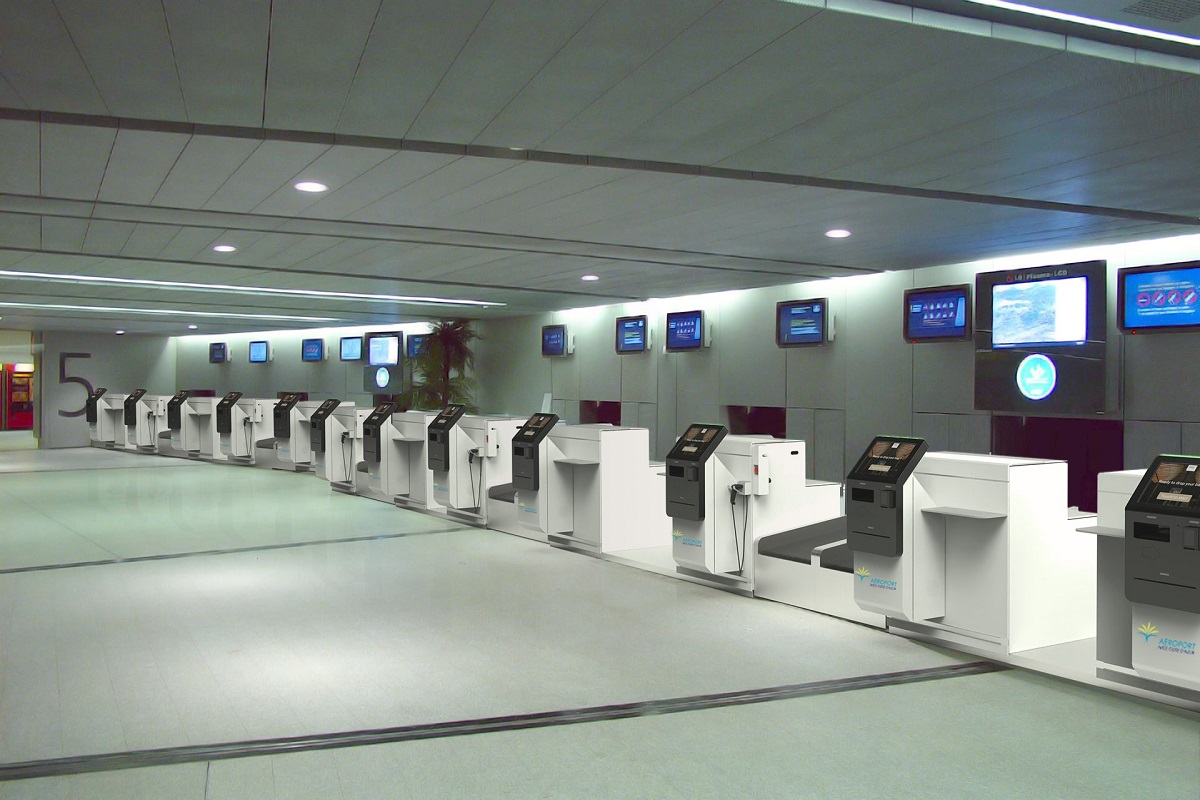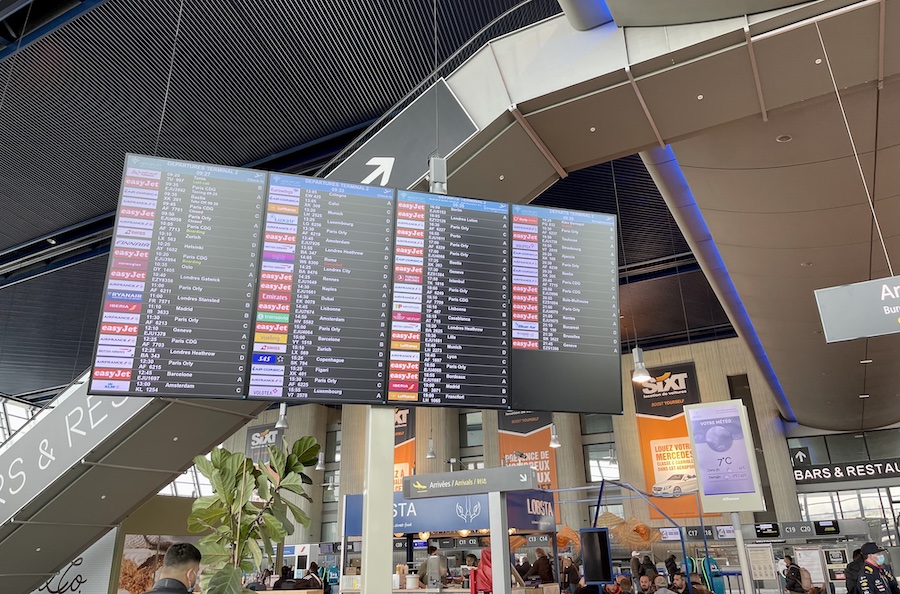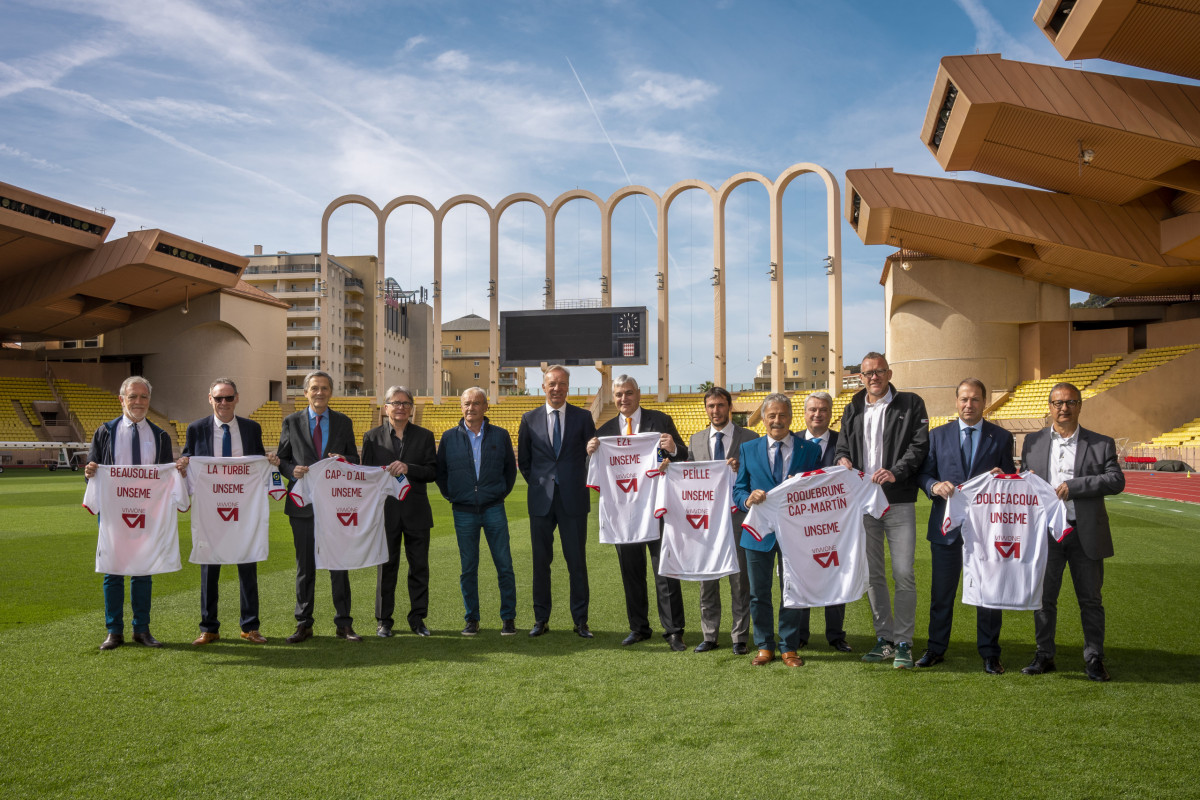A new proposal from the French government on how to better regulate the use of electric scooters has put safety concerns in the spotlight.
Electric or e-scooters are in the news a lot these days. On the one hand, they are being touted as an environmentally sound way to get around, a new tool in the clean mobility arsenal to be applauded. On the other, they have been vilified as a dangerous product, a reputation made worse by a growing number of electric scooter related incidents, some fatal.
Though certain regulations have been implemented, they have been scattered at best, so French Minister for Transport Clément Beaune is now taking matters in hand and presented a national plan for the regulation of electric scooters on 29th March.
TOO MANY ACCIDENTS
The number of serious accidents involving users of motorised personal transport equipment (EDPM) went up by 38% between 2021 and 2022, according to government reports, and with more than 2.5 million people regularly opting for e-scooters as transport in France, there are bound to be a few bad apples who don’t follow basic rules of civility and safety.
Unfortunate incidents are aplenty and last June in Nice, a five-year-old Ukrainian boy was killed on the Promenade des Anglais by a person driving an electric scooter at high speed.
PREVENTION
To combat this, the government scheme is taking a three-prong approach. The first objective is to “protect, deter and avoid dangerous behaviour” by increasing the minimum age of drivers to 14 and raising fines from €35 to €135 for riding illegally or in prohibited lanes and spaces.
The government also wants to build awareness through information collection. To this end, a National Micromobility Observatory will be created, which will produce data on the use of electric scooters in France, their accident rates and their environmental impacts.
Finally, they will look to self-service e-scooter providers to remind customers that, as users of the roads, they have obligations to be in compliance of the French highway codes and to practice safety when driving.
Sign up for the Monaco Life newsletter. For the latest news, follow us on Facebook, Twitter, and Instagram.
Photo source: Vlad B for Unsplash



